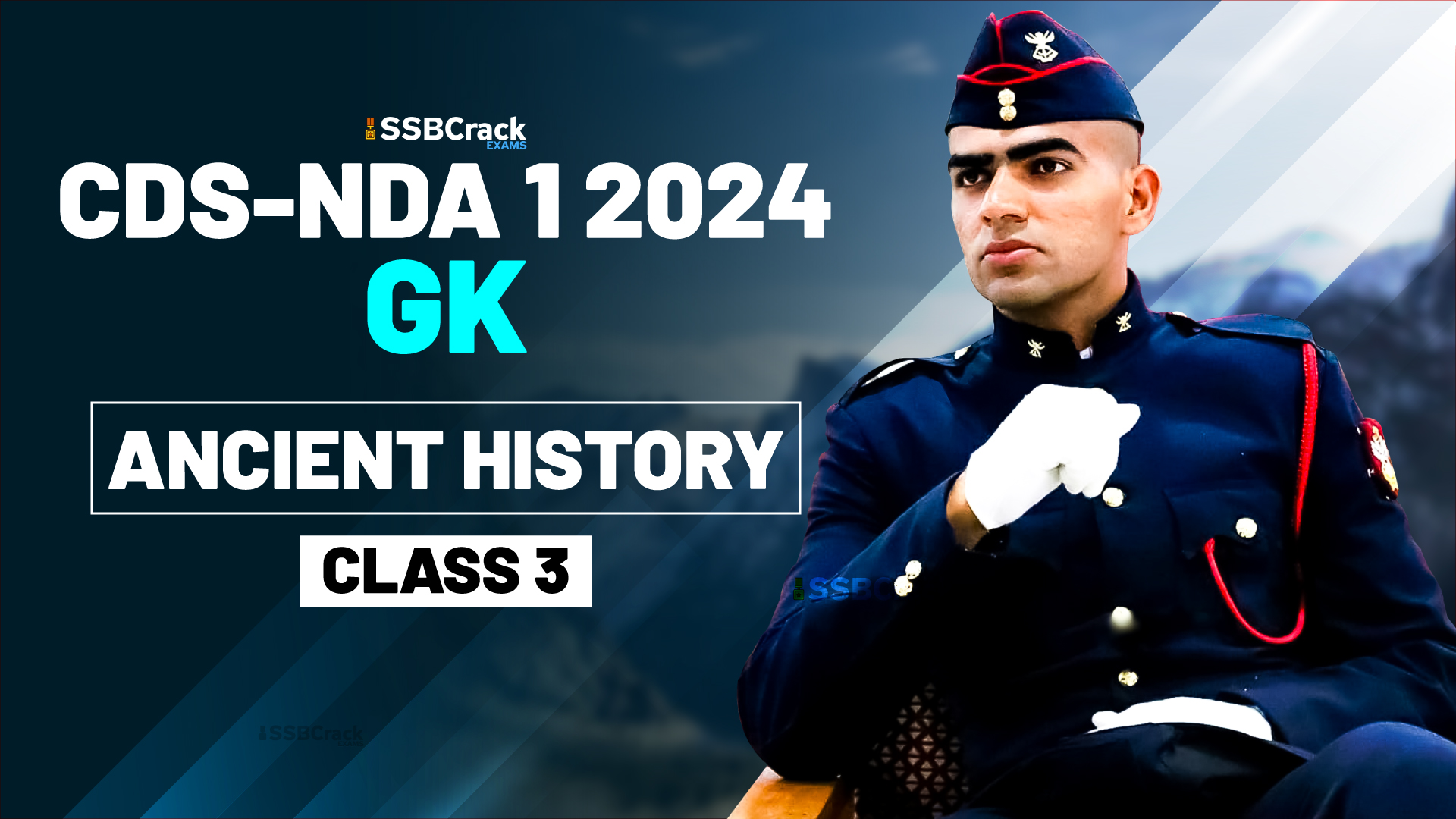History is not just a subject that recounts tales of the past; it is a narrative that shapes the present and informs the future. In the journey towards becoming a proud NDA (National Defence Academy) or CDS (Combined Defence Services) officer, the study of history, particularly the topics covering Dynasties Post Maurya, Sangam Age, Gupta Age, and Post-Gupta Era in ancient India, holds immense importance. These historical periods are not just pages in a book but a key to understanding the rich tapestry of India’s past, which in turn, equips aspirants with the knowledge and insights necessary to succeed in these prestigious examinations.
- Understanding the Legacy Of Dynasties Post Maurya
The period following the Mauryan Empire was marked by a series of dynasties, including the Shungas, Satavahanas, Kushans, and the Gupta Empire. Learning about these dynasties provides a comprehensive understanding of India’s political landscape during that time. Aspirants can gain insights into the administrative, economic, and social structures, as well as the religious and cultural developments. This knowledge helps them in the exam by offering context to historical events, a skill essential for answering questions on Indian history.
- Exploring the Literary Flourish: Sangam Age
The Sangam Age, characterized by a remarkable surge in Tamil literature, is a testament to India’s cultural diversity. Aspirants who delve into this period can appreciate the significance of regional cultures and languages, which is crucial for military officers serving in a diverse nation. Furthermore, the Sangam literature contains hidden gems of military strategies and leadership lessons, providing valuable insights for future officers.
- The Golden Age: Gupta Age
The Gupta Age is often referred to as India’s Golden Age due to its unprecedented advancements in science, mathematics, art, and culture. Aspirants studying this era can understand the importance of a strong, stable, and prosperous India, which serves as the backbone of national defense. Gupta achievements, such as the decimal system and metallurgy, have practical applications even in modern military operations.
- Legacy Of Post-Gupta Era
The Post-Gupta Era witnessed the decline of the Gupta Empire and the rise of regional kingdoms. Understanding this transitional period is essential for NDA and CDS aspirants, as it sheds light on the challenges that come with maintaining unity and security in a fragmented political landscape. The knowledge of this era helps aspirants appreciate the historical context of regional conflicts and the role of military leadership in maintaining stability.
Why These Topics Matter for NDA & CDS Exams
- Contextual Understanding: Success in the NDA and CDS exams requires more than just rote memorization. Aspirants must grasp the historical, cultural, and political context of India to make informed decisions in the field.
- Leadership Insights: History offers valuable leadership lessons, which are vital for military officers. The study of dynasties and empires provides insights into governance, strategic thinking, and conflict resolution.
- National Integration: India’s diverse history highlights the importance of national integration. Aspirants who understand the challenges faced by rulers in integrating diverse regions are better equipped to promote unity and harmony in the nation.
- Cultural Sensitivity: A deep dive into Sangam literature and Gupta achievements fosters cultural sensitivity, a trait essential for officers who may serve in different parts of the country.
Conclusion
The study of history is not just about learning dates and facts; it’s about gaining a profound understanding of the forces that have shaped our nation. For NDA and CDS aspirants, the knowledge of ancient Indian history, including Dynasties Post Maurya, Sangam Age, Gupta Age, and Post-Gupta Era, is a valuable asset. It equips them with historical context, leadership insights, and a sense of cultural sensitivity, all of which are essential for future military leaders. Embracing these historical treasures can significantly enhance the prospects of success in these prestigious exams and, more importantly, prepare aspirants to serve their nation with honor and distinction.







